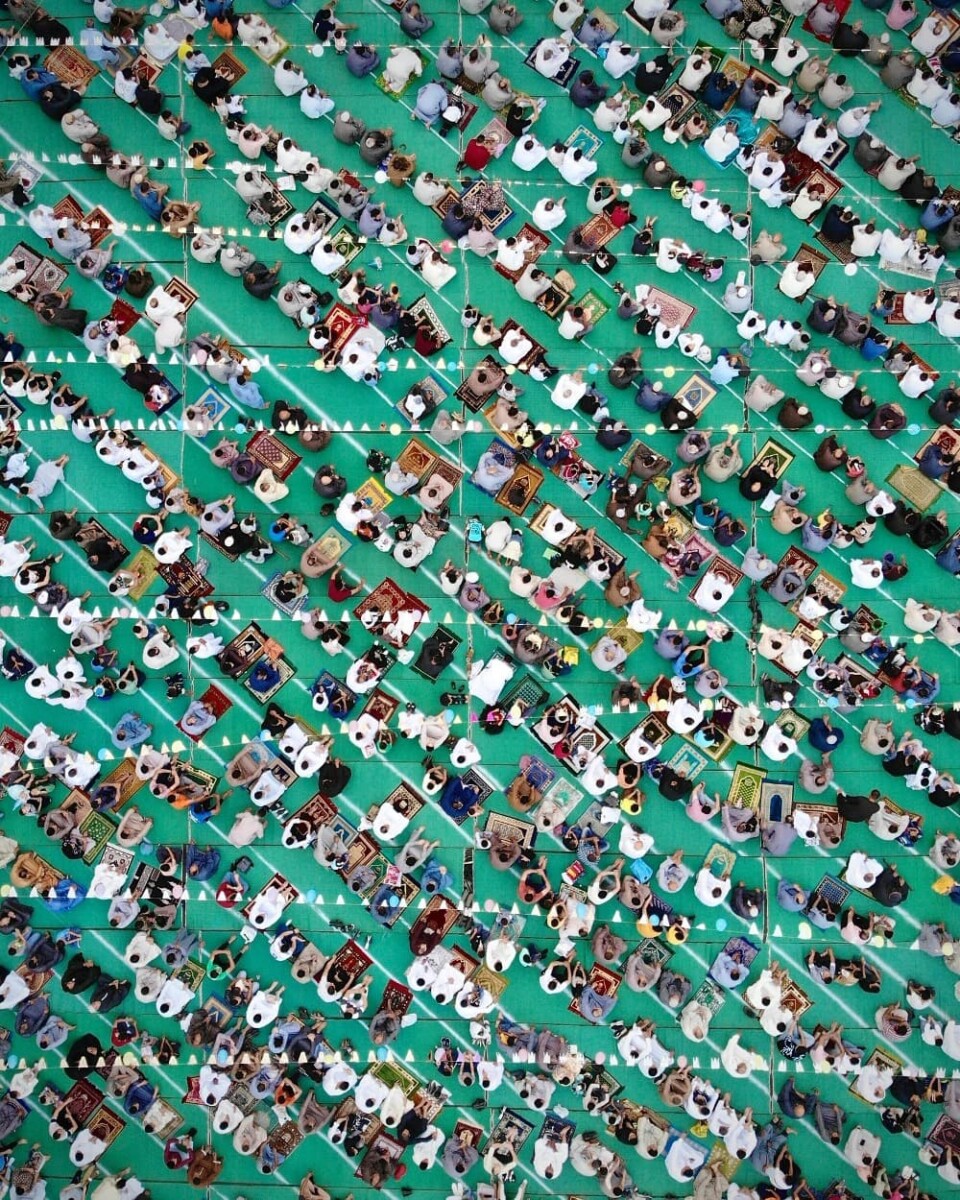Today we’re telling you about Ramadan, a sacred month for Muslims worldwide, as it is a predominant religion in many of the destinations Cooperating Volunteers collaborates with.
The origin of the name comes from the Arabic root ‘ar-ramad’, which means scorching heat. Muslims believe that in the year 610 AD, the Angel Gabriel appeared to the Prophet Muhammad and revealed the Quran to him, and that revelation (Laylat Al Qadar ‘Night of Power’) occurred during Ramadan.

Ramadan is celebrated during the ninth month of the lunar Islamic calendar, and its start fluctuates as it follows the phases of the moon, beginning on the day following the new crescent moon. This year, it began on March 10th with a special new super moon and will end on April 10th.
During this month, practicing Muslims observe daily fasting from dawn until sunset, refraining from eating, drinking, smoking, and engaging in sexual relations. Exceptions are made for individuals who are sick, pregnant, traveling, elderly, or menstruating. Any days of fasting missed can be made up throughout the year. The pre-dawn meal (‘suhoor’) is consumed around 4:00 am, before the first prayer of the day, and the evening meal (‘iftar’) starts after the sunset prayer concludes, around 7:30 pm.
This act of fasting is one of the five pillars of Islam and is a form of spiritual purification, self-discipline, and solidarity with the less fortunate.

In addition to fasting, Ramadan is a month of reflection, prayer, and charity. Muslims seek to draw closer to God through reading the Quran, performing special prayers called Tarawih, and engaging in acts of charity and kindness towards others. During this month, generosity, compassion, and solidarity with the needy are encouraged, reinforcing community ties and promoting empathy and understanding among people.
The end of Ramadan is celebrated with the festival of Eid al-Fitr, marking the end of fasting and being a time of joy, family gathering, and celebration. During this festival, Muslims dress in their finest clothes, attend the special Eid prayer at the mosque, and share festive meals with their loved ones. It is also customary to give alms to the poor and needy as a form of purification and gratitude for successfully completing the month of fasting.
In summary, Ramadan is a month of spirituality, sacrifice, solidarity, and celebration for Muslims worldwide. Through fasting, prayer, and charity, Muslims seek to strengthen their faith, purify their souls, and draw closer to God, fostering values of compassion, empathy, and unity among people.




